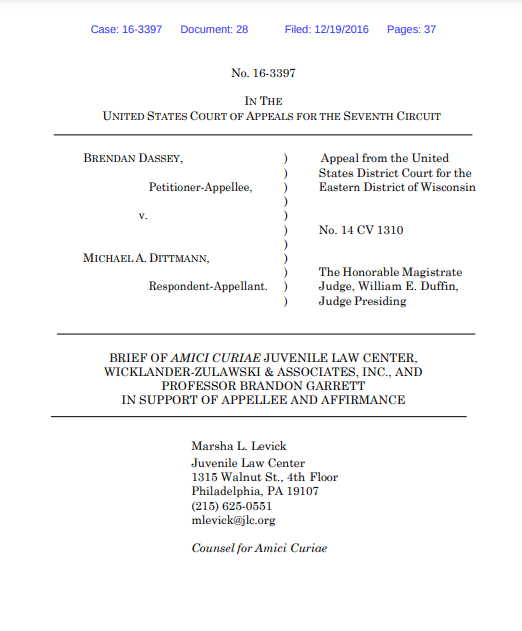
Summary of Argument
The “greatest care” must be taken when questioning children to ensure their confessions are voluntary. In re: Gault, 387 U.S. 1, 45, 55 (1967). See also Haley v. Ohio, 332 U.S. 596, 599-600 (1948); J.D.B. v. North Carolina, 564 U.S. 261, 271-72 (2011). Amici write to underscore the importance of these protective legal standards to the truth-seeking function of police interrogations. The importance of protecting vulnerable youth from police coercion is grounded in police best-practices, supported by social science research, and recognized by decades of Supreme Court case law. These protections are even more vital for children with limited cognitive abilities. Indeed, leading authorities on police interview and interrogation techniques have pointed to Brendan Dassey’s interrogation as an example of improper use of coercion and poor technique.
Failing to address these vulnerabilities heightens the risk of false confession, leaving the actual perpetrators at large, and undermining public safety.